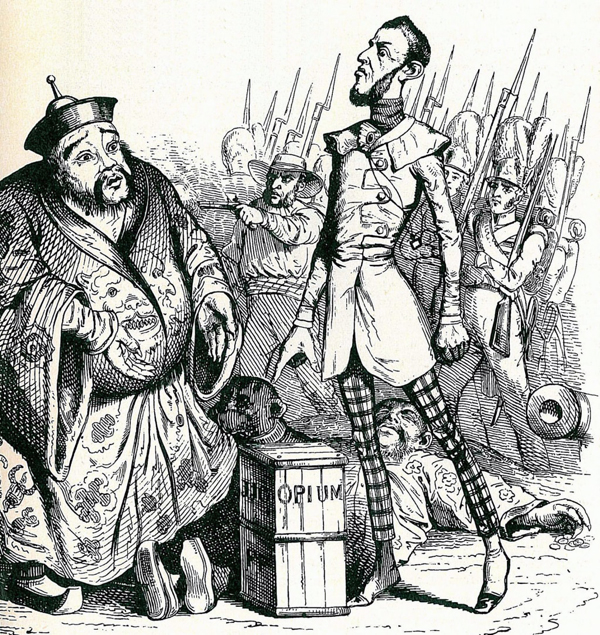by Ken Sehested
US-China relations have deteriorated dramatically in recent months. Once an outspoken admirer of Chinese President Xi, President Trump is now laying much of the blame for the COVID-19 pandemic at China’s door, further exacerbating the preexisting conflict over balance of trade.
 Some of China’s blame, for delaying news of the pandemic’s spread, is merited. Then again, CNN has identified 37 instances where Trump praised China’s handling of the coronavirus between 22 January and 1 April. Then, as the pandemic began to spread widely in the US—and the US government’s inaction became apparent—the president began looking to deflect responsibility.
Some of China’s blame, for delaying news of the pandemic’s spread, is merited. Then again, CNN has identified 37 instances where Trump praised China’s handling of the coronavirus between 22 January and 1 April. Then, as the pandemic began to spread widely in the US—and the US government’s inaction became apparent—the president began looking to deflect responsibility.
Until this past week, when China pushed through Hong Kong’s legislature an act severely penalizing criticism of Beijing, Trump has remained neutral on the ongoing civil unrest there. Now both he and Secretary of State Mike Pompeo are making very public threats against China.
It’s important to understand Hong Kong’s history to make sense of current events there.
Britain went to war with China in 1841 when China attempted to suppress the British East India Company’s opium production in Bengal (what is now Bangladesh). It was a British-protected drug cartel, which sold opium to Chinese smugglers for illicit distribution in China.
As one writer put it, Britain’s Queen Victoria “became the first drug dealing monarch in history.”
Also, Britain was enduring a significant trade imbalance with China. (Know anybody in the US government upset about a trade imbalance with China?)
Hong Kong then became a British colony (under very undemocratic rule) until 1977 (except for Japanese occupation during World War II). Under Britain’s security umbrella, the province became a center of international trade. Though Britain did provide safe haven for Chinese political dissidents—insomuch as the dissidence was directed at Beijing.
 By the middle of the 20th century, these two factors—a significant population of objectors to China’s ruling Communist Party, along with Hong Kong’s booming economy—created a distinctly Hongkonger cultural and political identity.
By the middle of the 20th century, these two factors—a significant population of objectors to China’s ruling Communist Party, along with Hong Kong’s booming economy—created a distinctly Hongkonger cultural and political identity.
Right: Political cartoon by Chappatte, New York Times
After decades of diplomatic wrangling, Britain agreed in 1997 to return sovereignty of Hong Kong to China, with the provision of what is called the “One Country, Two Systems” treaty provision, permitting Hong Kong’s powerful international banking and free market institutions to continue, but under a governing body sympathetic to Beijing’s interests.
The moral of this story?
1. Drug cartels didn’t originate in Latin America.
2. When you hear the “America first” demand to bring back American companies’ jobs from abroad (including from China), remember: China (and other countries) didn’t steal these jobs. US corporate managers sent them abroad in order to be more profitable. A bunch of consumer goods we consume will cost more if those jobs come back.
3. China is undoubtedly attempting to challenge US geopolitical and economic influence in the Asia-Pacific region. Yet China’s escalating military budget is still less than a quarter of the Pentagon’s budget, even though its population is 4.5 times ours.
Picture this: The US has some 800 military bases outside the US, and 400 of those are in the Pacific region. China has one foreign military base, and it’s in Africa. Who is provoking whom?
4. As you observe the current escalating hostilities between the US and China, take the brief historical sketch above into account.
# # #

